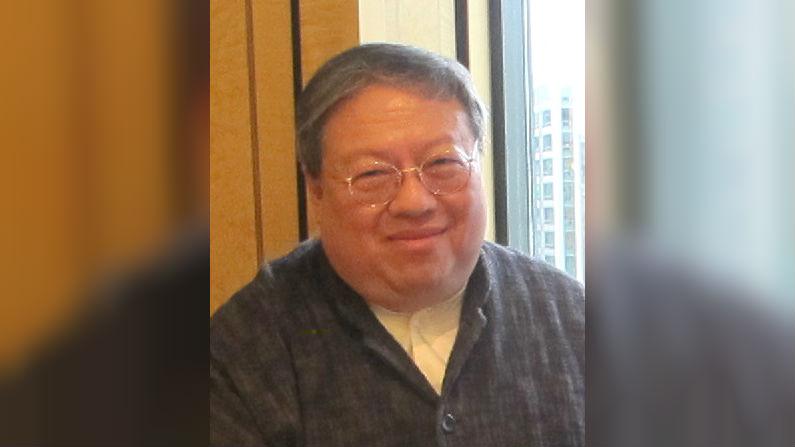A former Hong Kong official has been convicted by a federal jury in New York for bribing the presidents of Chad and Uganda to secure oil rights for a Chinese energy conglomerate.
The jury, who took less than three hours to reach a verdict on Dec. 5, found Chi Ping Patrick Ho guilty of seven of eight counts of conspiracy, money laundering and violating the Foreign Corrupt Practices Act.





